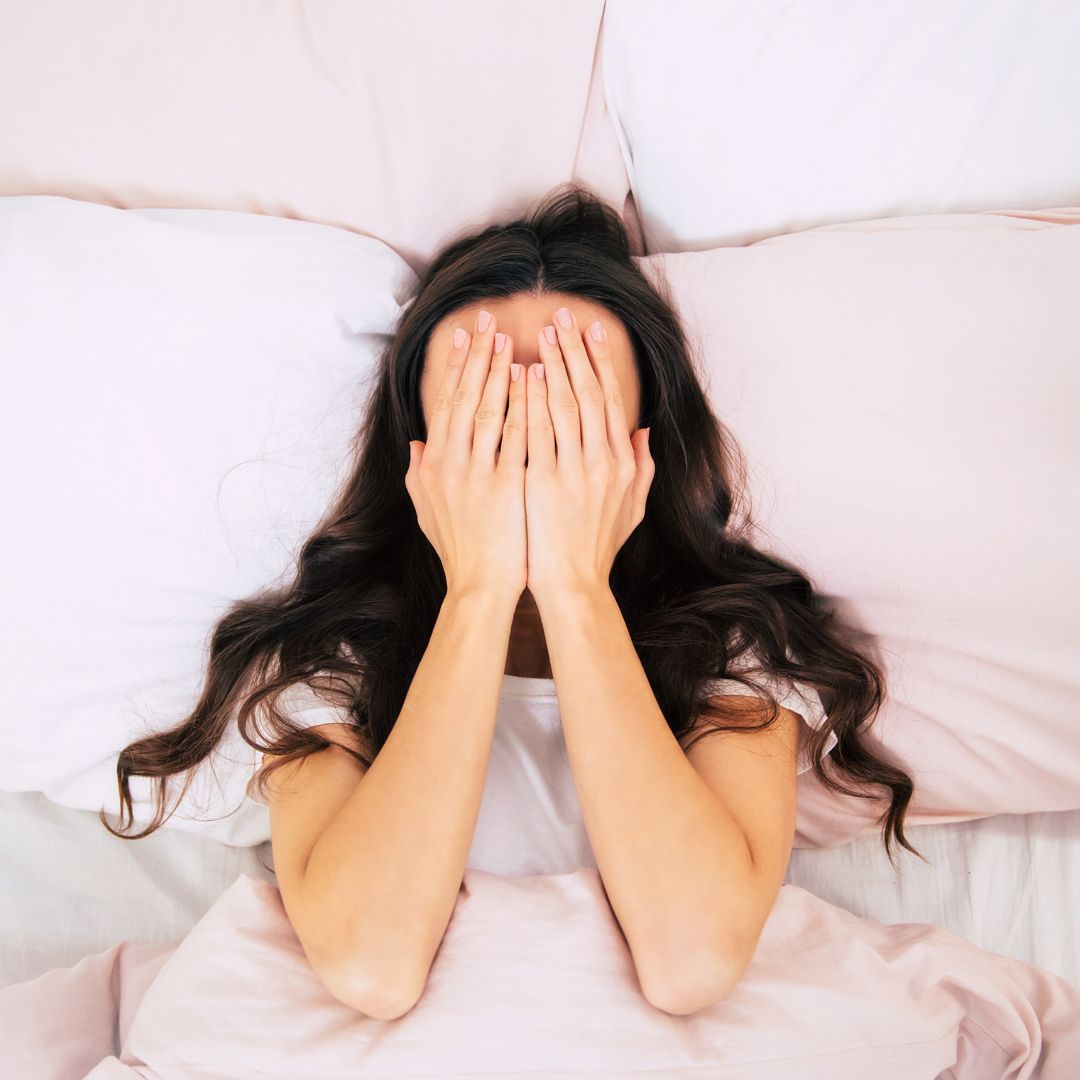Insomnia is a sleep disorder that requires everyone's awareness. Besides decreasing quality of life, insomnia can often lead to more severe diseases. As such, treating insomnia at the onset is a must.
You have many options for treating insomnia, like scents and diffusers to help you relax before sleeping. On the other hand, homeopathy uses natural remedies to safely and holistically treat insomnia.
Find out more about insomnia and homeopathy treatments to address sleeplessness.
What is Insomnia?
People often think insomnia is all about finding it difficult to fall asleep. However, those with insomnia may also experience trouble staying or going back to sleep when they wake up earlier than usual.
Some insomniacs may also have trouble getting restorative sleep. For example, a person with insomnia may not feel well-rested and refreshed even after sleeping. Insomnia also has different types depending on its duration, cause, and severity.
Symptoms of Insomnia
The symptoms of insomnia may differ from person to person. By understanding your symptoms, your homeopathic doctor can find the best homeopathic treatment for insomnia.
Insomnia may manifest through the following symptoms:
- staying awake or awaking at night;
- waking too early;
- feeling tired or sleepy during the daytime;
- feelings of exhaustion upon waking up in the morning;
- easily irritated;
- depression;
- anxiety ;
- unable to concentrate on or remember tasks;
- frequent mistakes or accidents; and
- persistent sleep concerns.
Insomnia may result from an underlying health problem or external factors. As such, determining the disorders causes is essential in finding the best homeopathic treatment for insomnia.
Here are some of the possible underlying causes of insomnia.
- Mental health concerns, including stress, anxiety, or depression
- Noise
- Extreme temperature (either too hot or too cold)
- Uncomfortable beds
- Alcohol, caffeine, or nicotine
- Recreational drugs
- Jet lag
- Shifting work schedules
Treating insomnia as soon as possible can help prevent these health concerns from developing:
- asthma;
- heart problems;
- weight gain;
- mental health issues;
- high blood pressure;
- memory problems; and
- weak immune systems.
Treat insomnia safely with homeopathy by consulting a homeopathic doctor who can guide you on the best homeopathic treatment. Your doctor may conduct consultation sessions lasting 1 to 3 hours to assess your condition and determine the right homeopathic medicine for you. Be ready to provide detailed answers to the following questions:
- What makes your insomnia better or worse?
- What food do you like or dislike?
- What are your sleep patterns?
- What do you usually dream of?
- What are your biggest fears?
- What weather conditions do you prefer?
After asking you essential questions, your homeopathy doctor will review the given information and determine a pattern. The doctor will also refer to books, computer databases, and other resources to cross-reference your insomnia manifestations with the remedies mimicking those symptoms.
The homeopathy doctor may immediately prescribe a homeopathic treatment for your insomnia or require more time to examine your case, especially if you need to treat an underlying cause.
Common Prescribed Remedies
Homeopathy takes a holistic approach to treating health concerns. Although the prescribed treatments may vary per individual, these are some of the most common natural remedies for sleeplessness prescribed by homeopathic doctors:
- Avena sativa
- Coffea cruda
- Lavendula vera
- Piper methysticum
- Valerina officinalis
- Sesame oil
- Lavandin oil
- German chamomile oil
Supportive Treatments
Aside from natural remedies, homeopathy doctors may also prescribe supportive treatments to treat insomnia. Here are some of them.
1. Following a sleep schedule
Ideally, you sleep at night and wake up in the morning at consistent times. This approach trains your body to have a regular sleep-wake cycle, signaling when to sleep and wake up.
2. Starting a sleep routine
A sleep routine includes setting up a conducive and relaxing environment for slumber. It tells your body it's time to sleep, allowing you to follow your sleeping schedule consistently.
3. Teaching relaxation techniques
Your homeopathic doctor may also share relaxation techniques to help you get restorative sleep. You can also include them in your sleep routine.
4. Exercising daily
Exercising can promote relaxation, relieving stress and tension in the body. Without these stressors, you can have a relaxing sleep. Plus, daily exercise can regulate your body's internal clock, making it easier to fall and stay asleep.
5. Limiting consumption of trigger foods and substances
Some substances, including energy-boosting drinks like coffee, can make you wide awake. They may disrupt your sleeping schedule and cause insomnia if you frequently consume them. As such, homeopathic doctors may prohibit you from consuming such substances.
Get a Good Night's Sleep with Homeopathy
Insomnia is not something you should take lightly. If left untreated, sleepless nights can severely affect your health and quality of life. Therefore, it's best to take the necessary steps to alleviate insomnia.
Homeopathy is a worthwhile alternative to safely and holistically treat sleeplessness. Shop at Forces of Nature today for the best homeopathy medicines to help treat your insomnia and get a good night's sleep.


